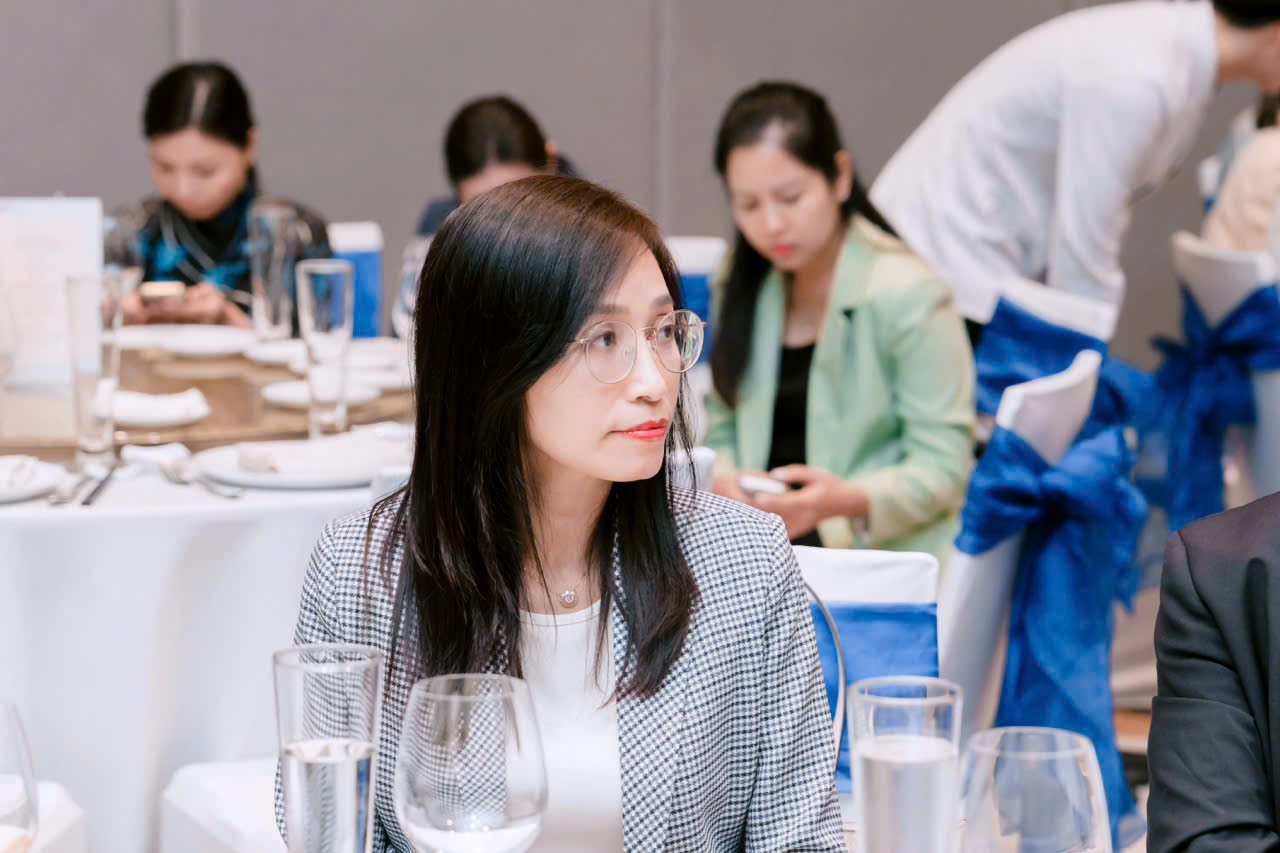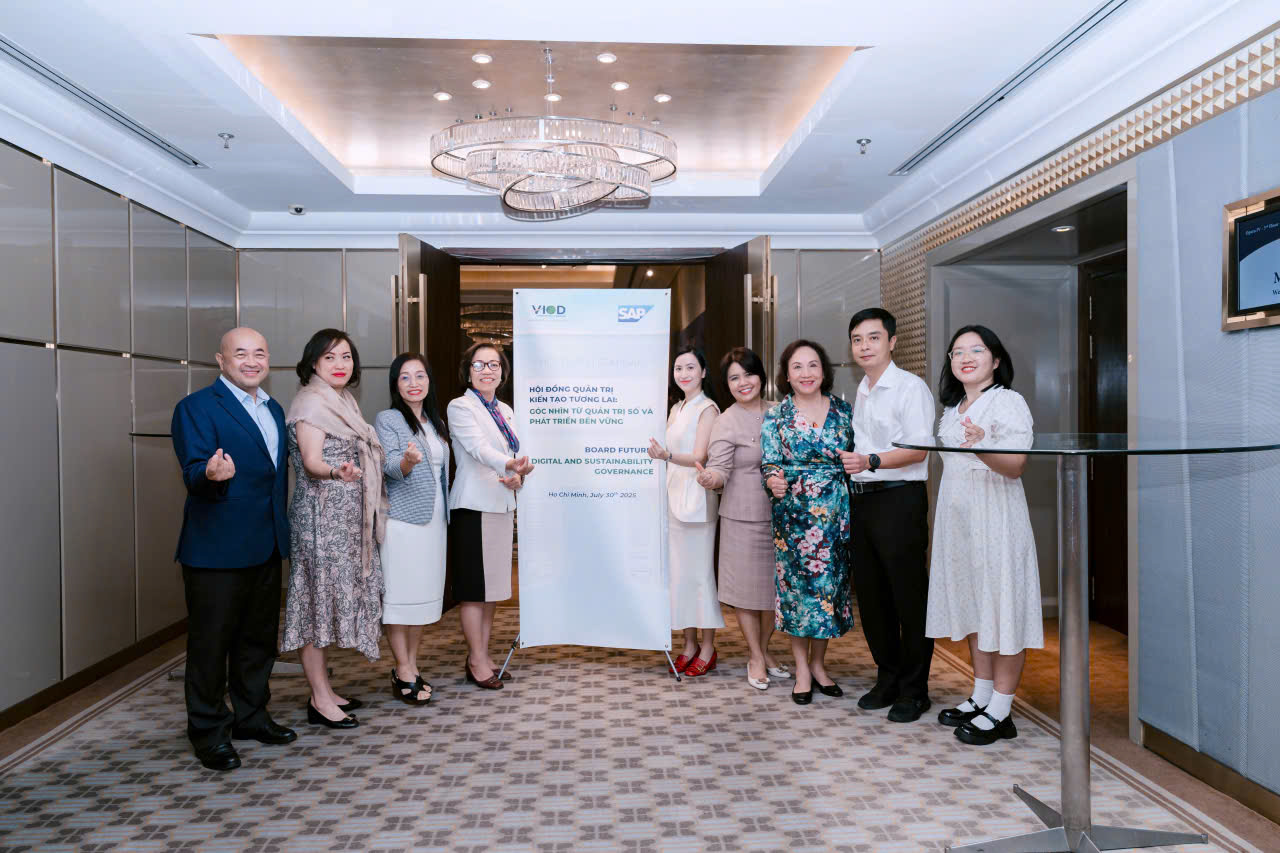Secoin participates in the Seminar – Board of Directors Shaping the Future – Perspectives on Digital Governance and Sustainable Development
In the complex landscape of digital transformation, the role of the Board of Directors (BOD) goes beyond oversight. The board must lead with the question “Why”—why the company needs to change, what values will be created, and how to build sustainable competitive advantages.

Digital Transformation – Part of a Broader Organizational Shift
At the seminar “Boards Shaping the Future: Perspectives from Digital Governance and Sustainable Development”, organized by VIOD in collaboration with SAP Vietnam on July 30, Mr. Lê Trí Thông, Vice Chairman of the Board and CEO of PNJ, emphasized:
“Digital transformation is not an independent journey, but part of a comprehensive organizational transformation.”
He noted that many companies focus only on the question “What”—which technology to apply or which problems to solve—while neglecting long-term vision. The greatest value the BOD can bring lies in its ability to anticipate the future and design strategies that enable sustainable growth.
According to Mr. Thông, the BOD should focus on “Why” and “Who”, while executive management addresses the “What” and “How”. Technology changes rapidly—from blockchain to AI—but the core issue is whether the company defines its purpose and long-term direction. At PNJ, board members constantly ask: how can technology and new governance models become sources of lasting competitive advantage?
Secoin: Digital and Green Transformation – Two Parallel Journeys
From a manufacturing perspective, Ms. Võ Thị Liên Hương, Vice Chairwoman and CEO of Secoin, stated that the company’s BOD always begins any transformation with the question “Why”.

Secoin views digital transformation as a sprint, demanding speed and decisiveness, while green transformation is seen as a marathon, aiming for long-term sustainability.
The adoption of AI illustrates this point: in the past, creating a new tile design for customers took months; now, the process is reduced to just days. AI accelerates design, optimizes color-matching formulas, and enhances product personalization—key factors that help Secoin overcome tariff barriers in the U.S. market.
“AI is strengthening Secoin’s competitive edge globally, enabling the company to adapt to market volatility,” Ms. Hương stressed.
Four Major Challenges for Boards in Driving Digital Transformation
According to Ms. Hà Thu Thanh, Chairwoman of VIOD, Vietnamese boards face four major challenges:
-
Vision: answering where the business will stand in five years and how the business environment will evolve.
-
Mindset: understanding that technology is a crucial enabler, even when few concrete actions have been taken.
-
Capability and Resources: critical factors for turning mindset into action.
-
Decision-Making: boards must both lead strategically and remain flexible in operational decisions.
Ms. Thanh noted that many Vietnamese listed and private companies aspire to transform quickly, but unclear business models and incomplete strategic vision hinder effective implementation.

Vision – The Key to Leading the Digital Future
The seminar concluded with consensus among experts: digital transformation can only succeed when the BOD leads with a clear vision, focusing on core values rather than simply chasing new technologies. When the BOD and executive teams align their roles within the overall transformation, companies can evolve in the right direction amid the VUCA 3.0 era.


.png)






_cr_150x98.jpg)
_cr_150x98.jpg)





